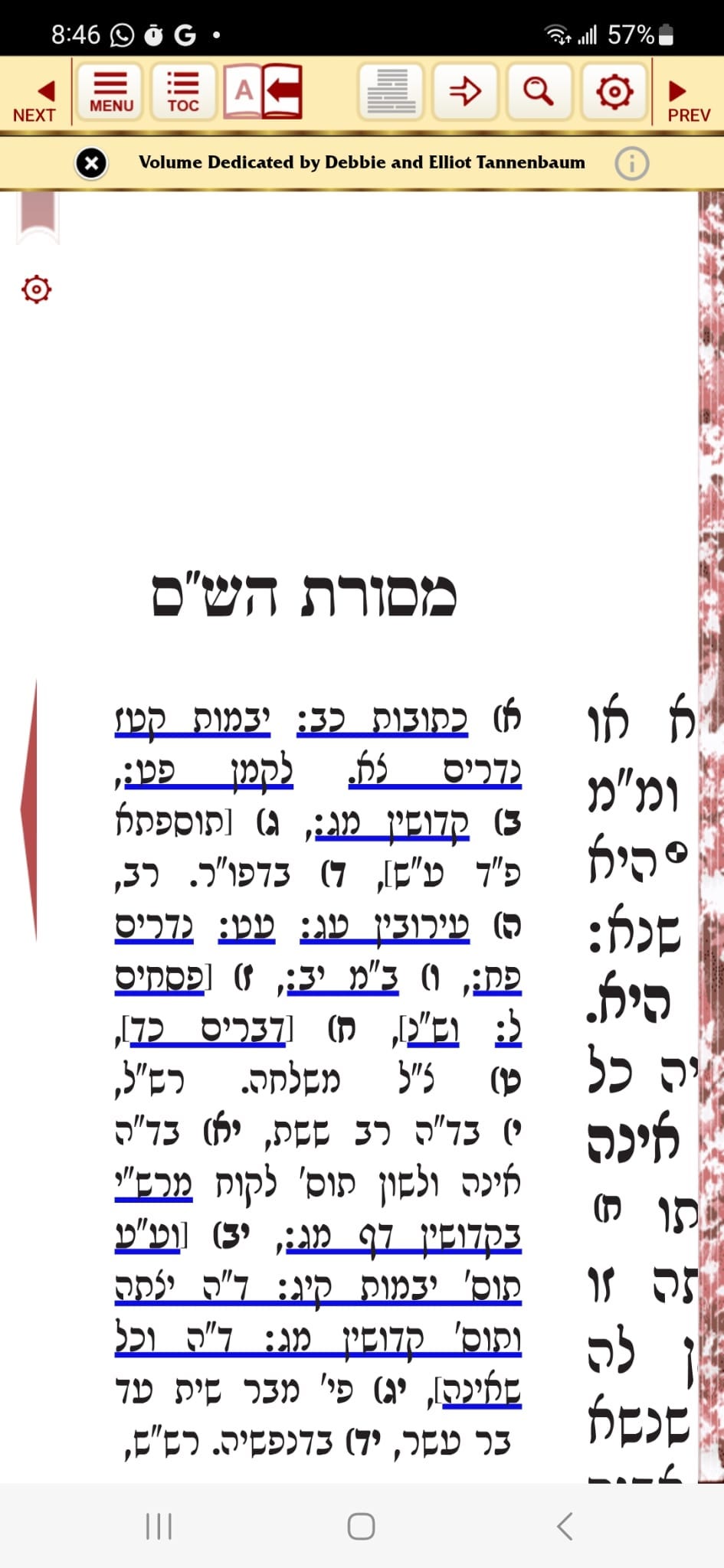Rav Yehuda citing Rabbi Assi to Shmuel?
Here is something strange from yesterday’s daf (Gittin 64b):
אָמַר רַב יְהוּדָה אָמַר רַבִּי אַסִּי: צְרוֹר וְזוֹרְקוֹ, אֱגוֹז וְנוֹטְלוֹ – זוֹכֶה לְעַצְמוֹ, וְאֵין זוֹכֶה לַאֲחֵרִים. חֵפֶץ – וּמַחְזִירוֹ לְאַחַר שָׁעָה, זוֹכֶה בֵּין לְעַצְמוֹ וּבֵין לַאֲחֵרִים.
Apropos minors, Rav Yehuda says that Rabbi Asi says: If one gives a child a pebble and he throws it away and one gives him a nut and he takes it, he is capable of distinguishing between items of value and worthless items, and he acquires property for himself but does not acquire property on behalf of others. If the child develops to the extent that he is given an item and he returns it to its owners later, because he understands the concept of ownership, he acquires property both for himself and on behalf of others.
כִּי אַמְרִיתַהּ קַמֵּיהּ דִּשְׁמוּאֵל, אָמַר לִי: דָּא וְדָא אַחַת הִיא. מַאי ״דָּא וְדָא אַחַת הִיא״? אָמַר רַב חִסְדָּא: אֶחָד זֶה וְאֶחָד זֶה – זוֹכֶה לְעַצְמוֹ, וְאֵין זוֹכֶה לַאֲחֵרִים.
Rav Yehuda continued. When I stated Rabbi Asi’s ruling before Shmuel he said to me: This and that are one. The Gemara asks: What is the meaning of: This and that are one? Rav Ḥisda says: With regard to both this child and that child, each acquires property for himself but does not acquire property on behalf of others, and there is no distinction in this regard between the developmental stages of a minor.
According to this, second-generation Amora Rav Yehuda cites a third-generation Amora, Rabbi Assi, and relates it to Shmuel, who reacts.
This seems rather strange. Also, Rabbi Assi left Bavel rather early and traveled to Israel, to learn under Rabbi Yochanan. While in Bavel, he studied from Rav and Shmuel. Rav Yehuda never left Bavel for Israel, and felt that doing so would be prohibited. When did he hear Rabbi Assi say this, and why would he cite him to Shmuel, instead of, say, Shmuel hearing this directly?
I was using the Artscroll app on a Kindle Fire that morning for daf yomi, and I saw something in their masoret hashas (letter ד):
That is the dfus rishon (first printing), Rav Yehuda cited Rav, rather than Rav Assi. This makes more sense, since Rav Yehuda’s role is as a student of Rav and Shmuel, and relating one’s rulings to the other. And he would cite a first-generation Amora, rather than a third-generation Amora.
But that is NOT what it means. None of the manuscripts has him citing Rav! Rather, the dfus rishon refers to the Venice printing. Because that has Rav Assi. The Masoret Hashas is saying to change the Rabbi title to a Rav title.
Thus, Venice has:
Meanwhile, the Soncino printing, a bit earlier, has R’. This collapses the title or at least makes it ambiguous:
Regardless, the idea is sound. Rav Assi, of the Babylonian city of Hutzal, was a first generation Amora, so Rav Yehuda would cite him to Shmuel.
BTW, Munich 95 also has Rav Assi; Vatican 130 has R’ Assi. And Vatican 140 confuses it, by turning R’ Assi into R’ Ammi, a third-generation colleague of R’ Assi who doesn’t work for all the same reasons.




